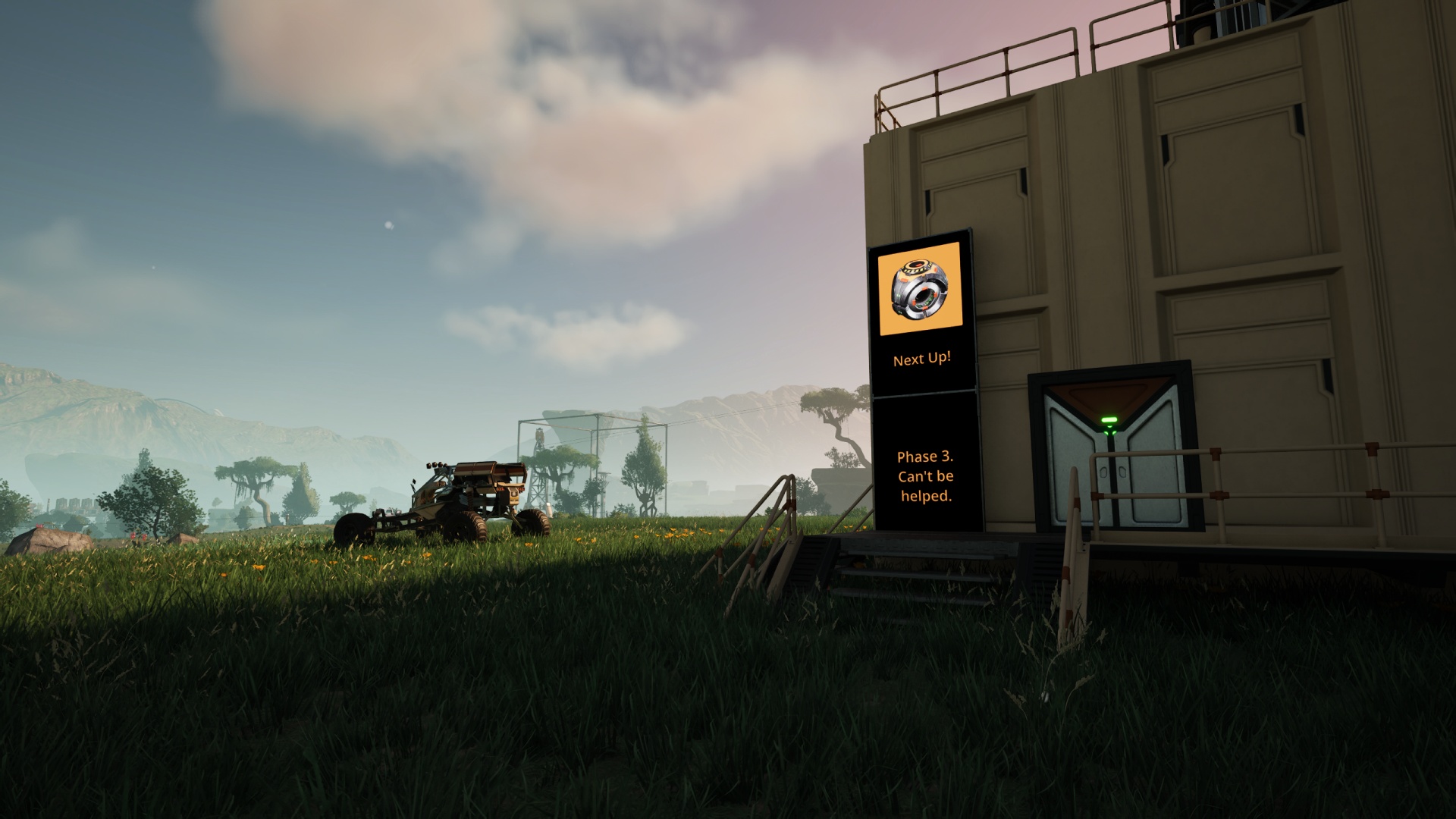One of the names I keep bumping into when I read recommendations about what author to check into next is that of Iain M. Banks. Since I was at one of the awesome Powells Books locations in town a couple of weeks ago, and what seems to be the first of the “Culture” books was available for a reasonable price, I decided to check it out. Or, rather, purchase it since I wasn’t in a library.
Ha, ha. That’s what passes for humor today, folks.
Let’s start with the good stuff, which is considerable: There are many good and interesting and clever ideas in this book. As science fiction goes, it certainly qualifies as good speculative material, and less twee than a number of writers’ efforts I’ve seen in the past decade. (Note that “Phlebas” first saw print in the late 1980s.) Charles Stross, by comparison, is a clever fellow with a number of interesting ideas, but sometimes his writing comes off as being a bit taken with its own cleverness. Banks doesn’t give me that impression; in fact, he may have gone too far in the other direction. Some of the meaty speculative stuff sits apart from the main narrative, pulling you out of the story to bury you in concepts and navel-gazing. Interesting navel-gazing, sure, but still.
I’m impressed that our erstwhile protagonist is clearly opposed to the Culture society that Banks makes no bones about casting as the smarter, more valuable faction in the interstellar war portrayed in the book. At no point does he back down from his stance that the Culture is a path down which humanity should not further tread, and he’s not a raving lunatic or delusional or anything so trite: He holds well-reasoned beliefs that place him on the opposing side. It’s an interesting and effective way to frame the conflict.
But. And you knew there had to be one.
One of the big problems I have with the idea of writing a novel is that I’m lousy when it comes time to provide descriptive detail. Well, this book set my mind at ease… somewhat. It turns out that you could probably tell a better story if you leave out, say, two-thirds to three-quarters of the descriptive detail that Banks puts into “Phlebas.” Much of the fight choreography is… exceedingly precise, more often than not, for instance. I found myself skimming entire large paragraphs throughout most of the back half of the book, and I couldn’t honestly tell you precisely how the various combatants on Schar’s World end up getting from where they start to where they lay at the end. A lot was going on, and I was expected to track every aspect of it all. Never mind figuring out what happened at the Megaship, earlier in the story.
Maybe I’m just not smart enough, but you know, I’d rather expend my brainpower on absorbing the high-concept stuff. Call me crazy.
A story can win or lose me on the ending, however, and “Consider Phlebas” bears quite an ending. Lots of endings, in fact.
(Look, this book’s older than my kids. So here’s all the spoiler warning you get. Thpppt.)
I don’t mean “lots of endings” in the “Return of the King movie version” sort of way. No, I mean that pretty much everybody dies. Actually, everybody does die. Maybe not in the story proper, but what we’re given after the story is a bunch of, “And here’s what happens to the survivors, years later. So and so? Went into cold sleep, revived, then killed themselves. This other person? Dead. Everyone else who got through this? Dead. Oh, the Machine Mind survived, that’s good, right?”
Why tell me this?
The story could’ve ended at the last chapter. I’d have been saddened but moderately satisfied, as the mission was complete and the couple of sadder-but-wiser protagonists who made it out could… I don’t know, go on with their lives, and so on. But no. We get appendices and epilogues, including an entire chunk of detail about how the galaxy-spanning war which provides the backdrop and impetus for the story ends, decades later, for reasons which have nothing to do with the events I’ve just spent hours reading about.
What?!?
What was the point? Our erstwhile hero manages to nearly complete his dangerous mission, and not only does he die at the point of completion but his efforts amounted to a hill of beans. Righto, then.
Is it a good book? Arguably. Is it a good read? Only if you don’t care about a good ending, and if you don’t mind sometimes-obsessive levels of detail. Am I going to seek out more of Banks’ books…?
Probably not.
